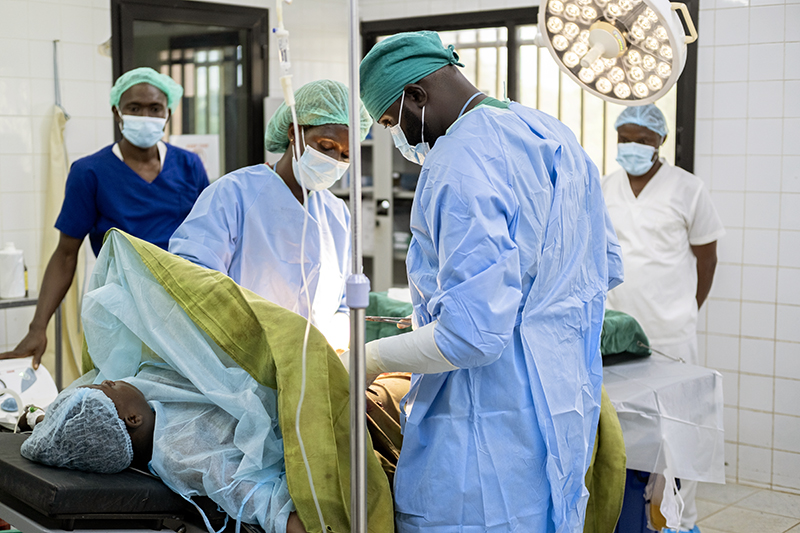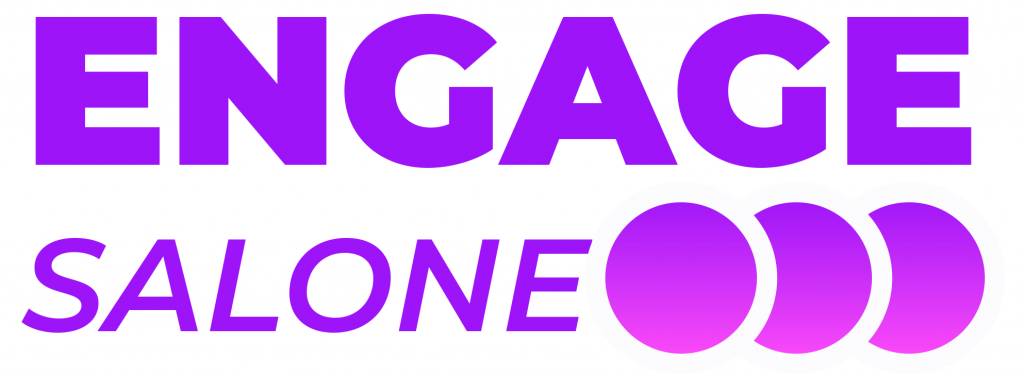When 28-year-old Emma arrived at a Freetown maternity ward to give birth, her biggest worry was the pain of labour. But that wasn’t the only challenge ahead of her. She also had to worry about money. “They only focused on the ones who had money, and because I lacked money, I had to suffer,” she said. After hours of waiting for her husband to buy a plastic sheet and soap, Emma finally gave birth. She heard her baby cry, but moments later, the baby died.
Emma’s story is one of 50 other women who had just given birth, interviewed by Human Rights Watch (HRW) for a new report titled “No Money, No Care: Obstetric Violence in Sierra Leone”. The report is a scathing indictment of how poverty and systemic neglect are undermining women’s dignity, safety, and lives in the country’s health system.
According to HRW, all 50 women interviewed stated that they had paid for maternal healthcare, despite the service being officially free under the government’s Free Health Care Initiative for pregnant women, nursing mothers, and children under five.
“Human Rights Watch documented 15 cases where women in obstetric emergency or facing other health complications during perinatal care were abandoned or neglected by medical providers at a public healthcare facility because of their inability to pay fees,” the report says.
There are several other harrowing accounts. A young woman in Kabala lost her baby after she was left unattended because she couldn’t pay the admission fee. Others said they were humiliated or scolded for being “poor” or “late” to seek care, often after begging male relatives for money or permission to go to the hospital. One doctor told HRW he watched patients “waiting while their families ran around trying to raise cash,” knowing some would not make it.
Even at the Princess Christian Maternity Hospital (PCMH), the country’s main maternal care facility—delays caused by inability to pay allegedly led to stillbirths, maternal deaths, and trauma. A 2024 hospital report cited by HRW noted that stillbirth rates, after years of decline, were rising again.
These experiences, HRW says, amount to obstetric violence—neglect, abuse, and extortion during childbirth. The organisation argues that this is not just individual cruelty but a symptom of structural inequality, where women’s poverty and lack of autonomy become matters of life and death. “When a provider delays clinical support because a woman has no money,” the report notes, “it sends a clear message: she is powerless and unimportant.”
Stories of extortion in public services are familiar in Sierra Leone, but HRW’s findings highlight an even more disturbing norm: the verbal and physical abuse of women during childbirth. Some women and girls told researchers their legs were slapped to “encourage” them to push. Several healthcare workers admitted to witnessing such practices. Verbal abuse and shaming were also widespread.
“Some people complained that healthcare providers participating in their perinatal care sometimes made comments that made them feel that it was their fault for experiencing health complications or even being pregnant,” the report says.
In two cases, women said they were mocked when they cried out in pain during labour and were told they should have thought about the pain when seeking pleasure through sex.
The report attributes much of the problem to chronic underfunding. More than half of Sierra Leone’s health spending comes from out-of-pocket payments, while nearly half the healthcare workforce consists of unpaid volunteers. HRW argues this pushes staff to solicit “informal payments” to survive, eroding trust and creating a vicious cycle of neglect and resentment.
The government acknowledges the health sector’s challenges but stresses the progress made. In response to the report, Health Minister Dr. Austin Demby cited major improvements in maternal health indicators.
In an op-ed, Dr. Demby described the HRW findings as “painful to read and even harder to imagine” but said they represent “a narrow snapshot of a complex and evolving health system.”
“The fuller story,” he wrote, “includes the steady expansion of skilled birth attendance from 60 to 87 percent, recruitment of over 4,000 health workers in the last three years, with more being added to the payroll, the construction and rehabilitation of over 1,600 primary health units, and the establishment of 12 oxygen plants and more than 300 solar installations to keep facilities powered.”
Indeed, the HRW report itself acknowledges these gains, noting that the government has “taken important steps, including recognising that addressing disrespectful maternity care is a public health priority.” But it adds that “more action is required.”
Both sides seem to agree that Sierra Leone’s health system is under immense strain.
But where government officials see progress, HRW sees inequality. Where HRW sees neglect and abuse, health workers see exhaustion and survival in a broken system.
Perhaps the truth lies somewhere in between: a fragile healthcare system that has made remarkable gains but still leaves too many women behind.
As Emma’s story reminds us, the question is not whether Sierra Leone has improved, but whether progress can ever be enough when a woman in labour still fears that, without money, she might be left to die.


